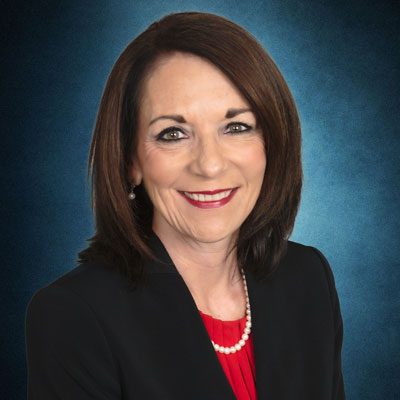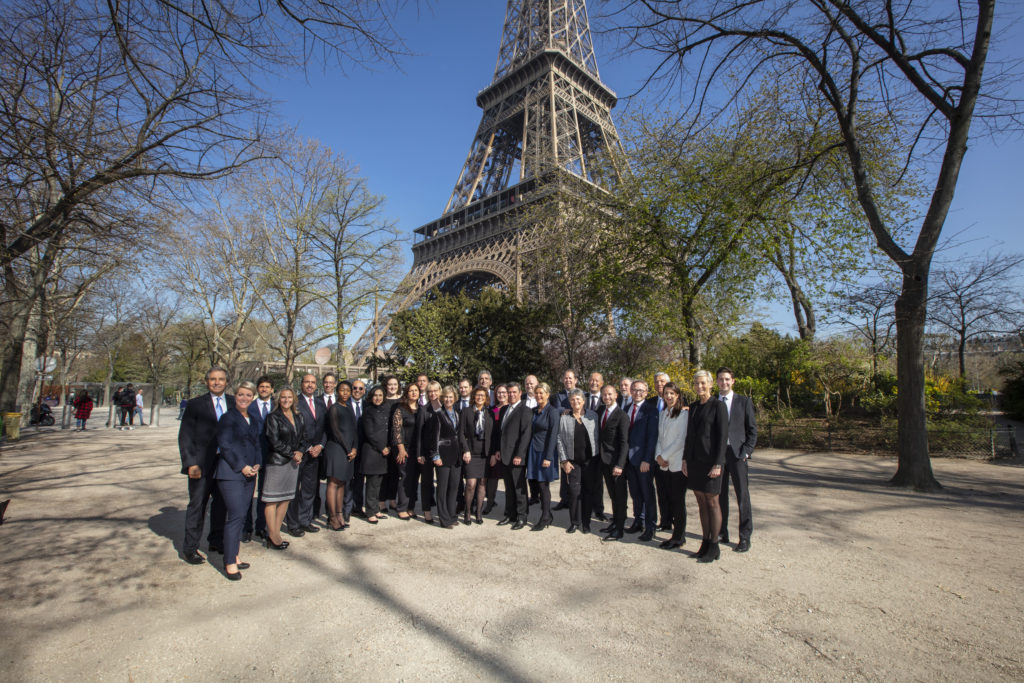There is no doubt that we are now living in a much more different world from what we used to 6 months ago. People and business have endured a pandemic that one could have never imagined, yet alone predicted. However, the beauty of the human being lies within the fact that it is capable of adapting to whatever it has to face, instinct kicks in and it thrives!
COVID-19 has brought uncertainty and challenges, and with it a huge strain on employees and professionals. It’s important to recognise that businesses are now far more complex than they were years ago. Competitiveness is fiercer, we see more and more specialization, more available workforce and more markets to dive in. The need and eager to succeed is overwhelming – add a pandemic to it and you have the perfect storm.
A lot has been said about the effects that the COVID-19 pandemic has had on the global economy, how companies and employees had to adapt rapidly and efficiently, skills that one had to acquire in a heartbeat, new ways of working, new procedures, the importance of technology and digital in our daily life, the list goes on and on. However, for some it was a true eye-opening and made them reflect on their lives, leading to bold decisions, such as switching careers and professional paths. Some may think it’s irresponsible, crazy or even outrageous, but one thing is for sure – taking risks is the first step to greatness.
For those who decided to take a chance and follow another route, it’s important to keep in mind that getting back in the market is definitely going to be a lot different than it was just a few months ago. There is a whole new level of complexity to it, so it’s essential to follow a few tips these upcoming months.
- First and foremost, it’s important to understand exactly what you want to do, what makes you happy and what inspires you. Having a clear picture of it will determine your game plan. Keep an eye on the companies that you believe will make a perfect match. Try to gather as much as information possible, may it be through social media, acquaintances, reviews, current and former employees and certainly executive search consultants within your professional network.
- Perfect your skills is also a key point. Know your strengths and weaknesses – and work on the last one in order to turn it into positives.
- Make sure you are tech savvy and an enthusiast for all things digital. COVID-19 only speed up what was already clear – that digital is the way to go. Companies and employees that already shared this line of thought and that made the investment in providing tools and knowledge around technology and digital environments ended up being able to respond much more quicker and efficiently.
- Update, better yet, redesign your CV, inspired by the new professional “route” you want to follow. Most of us do not take the time to look at it from the employer’s perspective, let alone from our own true and genuine career ambitions. Putting down past achievements, work experience and results is great, but how about starting off with a statement, a very brief and straight to the point proclamation? Just let them know from the start who you “really” are and what you are “really” looking for.
- This leads to another important aspect: always be you and true to yourself. Do not try to portrait someone you are not; you’ll end up not landing the job you’re truly looking for and that should fulfil you. Instead you’ll end up doing something to please others.
- Network, network, network! But still the key is quality over quantity. It’s never too much to emphasize that creating and having the right network is clearly an advantage. Those who have it, are more likely to know of upcoming business and employment opportunities. Being one step ahead of the game is an advantage. And always stay in touch.
- Do not jump at the first opportunity that may came up. Take your time to reflect on it, think it through. Remember, businesses have changed, the market is still navigating through unchartered waters.
- Be flexible. You need to know what is negotiable and what is not, what’s a dealbreaker and what’s not.
- And lastly, follow your instinct, that little voice inside your head – it’s usually right.
By Joana Sousa – INAC Global









